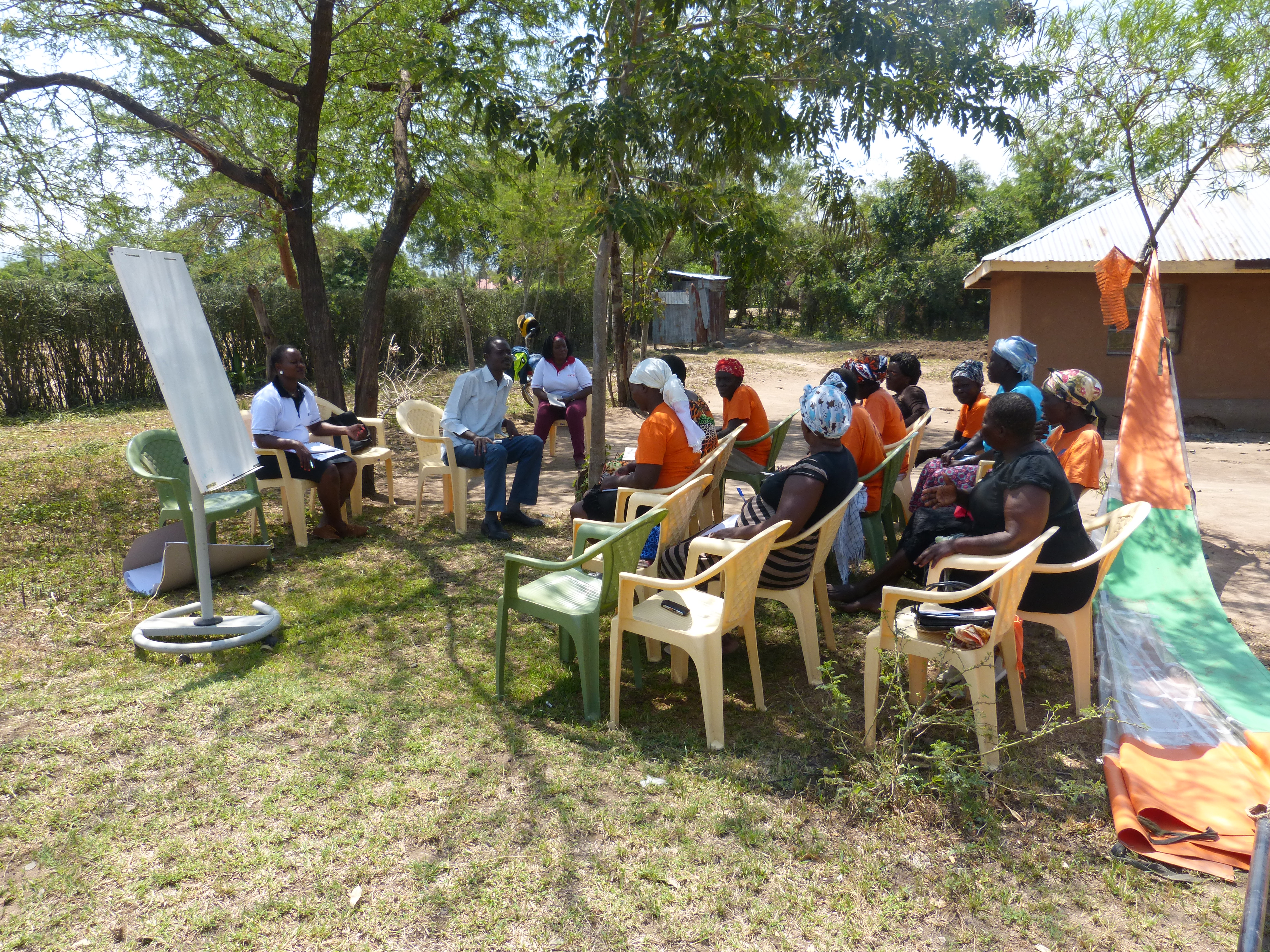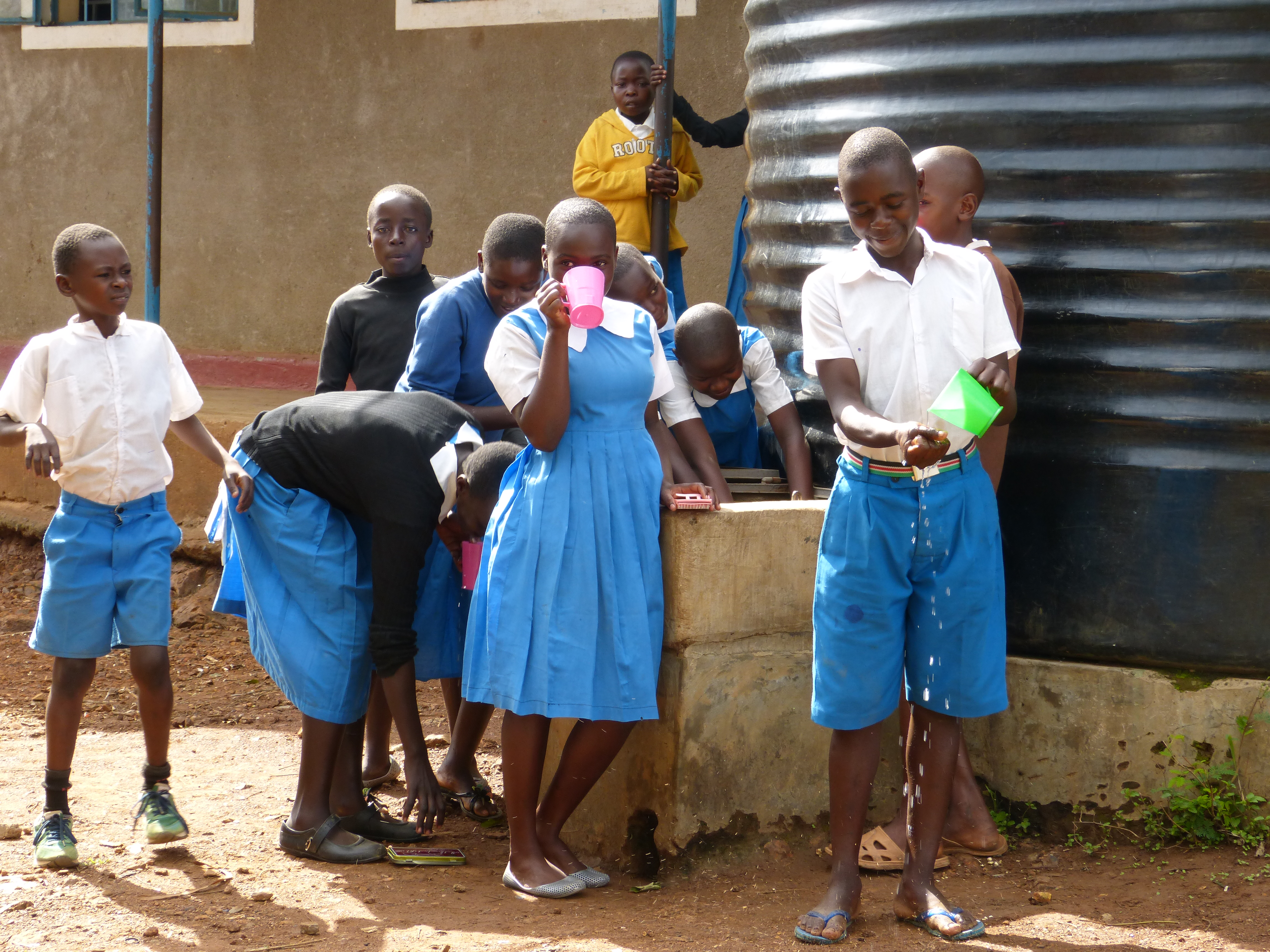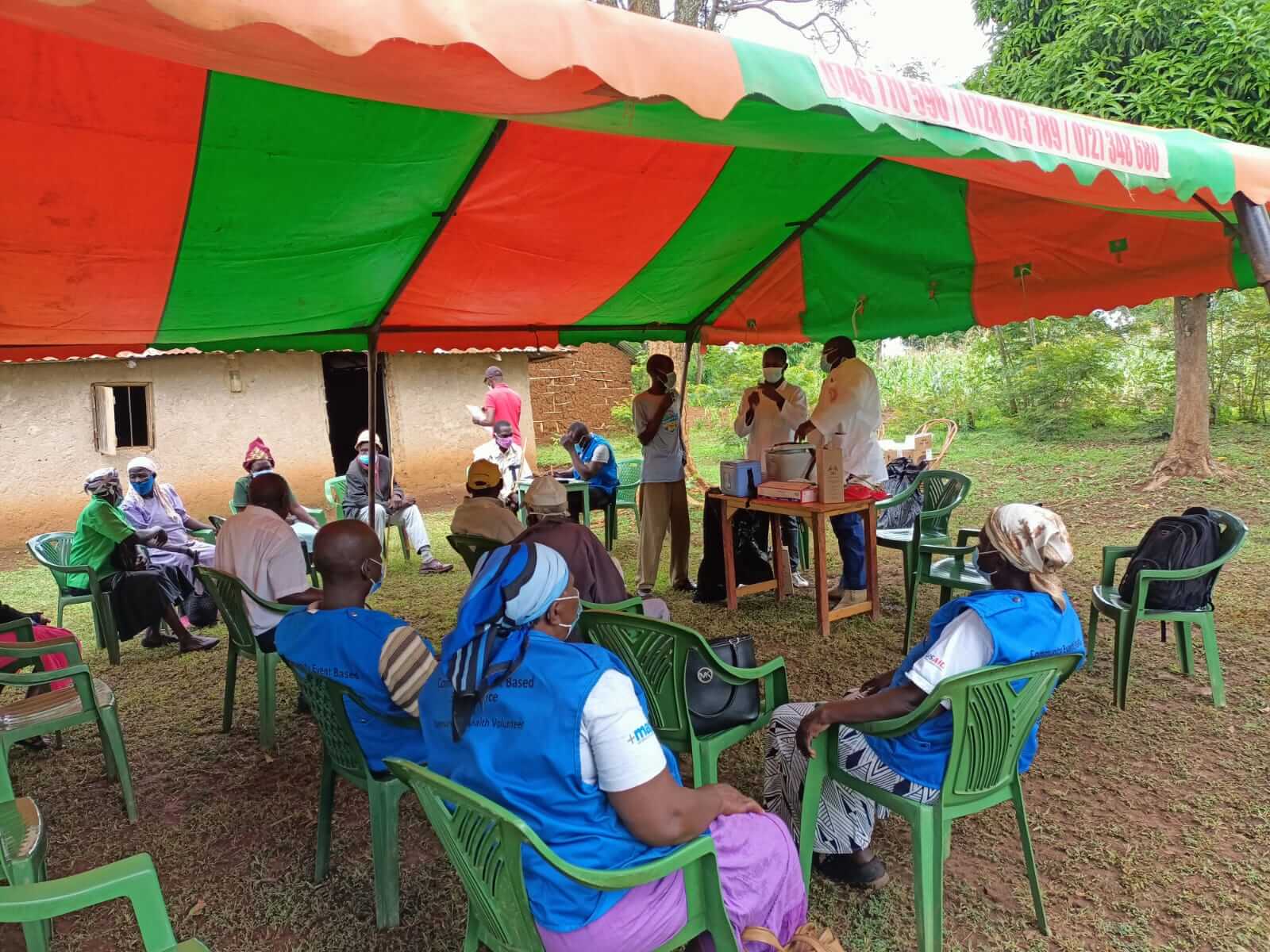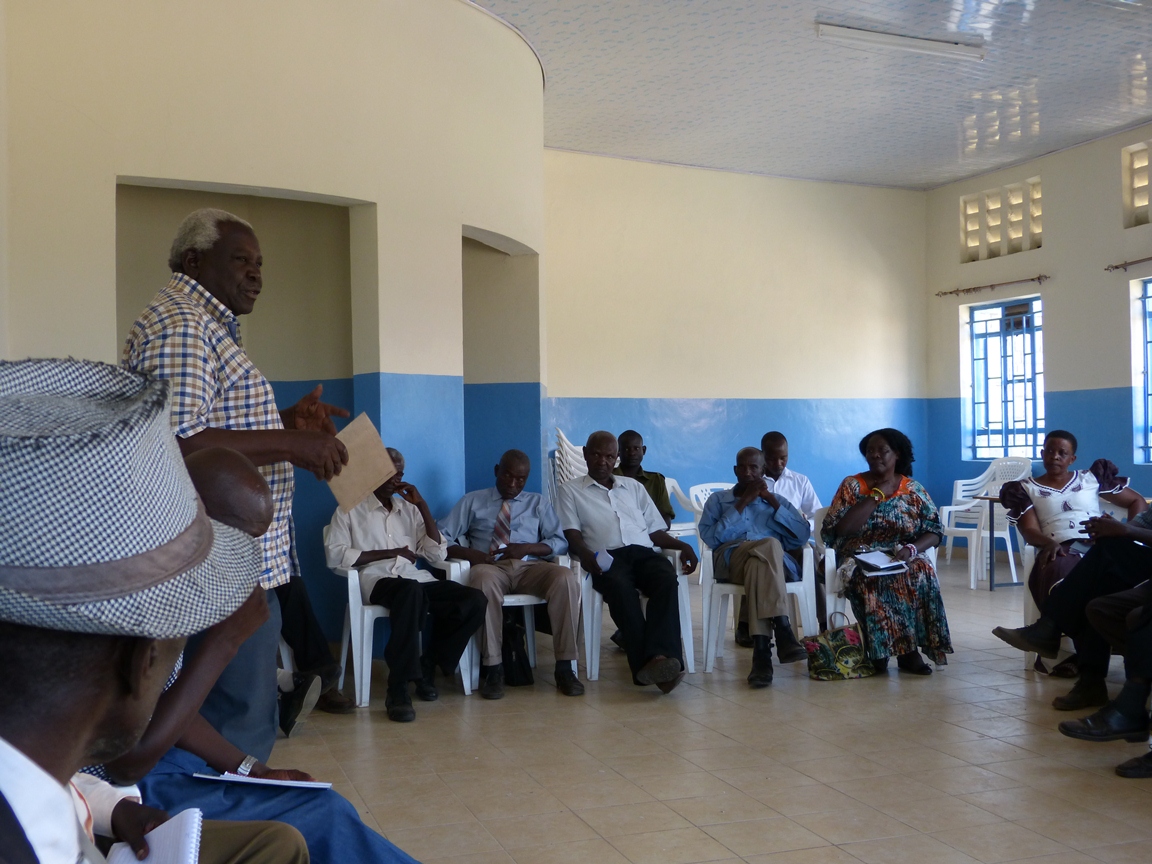
Psycho-social support and sustainable economic empowerment to widows in Nyakach

Joint project on rain water harvesting with the state of North Rhine, Westphalia, the 13ZW Dortmund and the Weltgruppe Aplerbeck.

Health: Integrated outreach including HIV Testing, GBV Campaign, immunization and general out patient services

Promotion of peaceful co-existence among border communties in Kenya.
What we do
Kenya has the joint fourth-largest HIV epidemic in the world (alongside Mozambique and Uganda) in terms of the number of people living with HIV, which was 1.6 million people in 2016 according to the UNAIDS (2016) report.
Our project areas, Siaya, Homabay, and Kisumu counties are among Kenya’s top 9 high incidence counties with an estimated adult prevalence of 21.0%, 20.7%, and 16.3% respectively, compared to the national 4.9% prevalence.
Apart from the high number of people living with HIV, the population in the project areas is further composed of key populations and vulnerable groups, including young girls and women (who contribute up to 21% of all new infections in the country).
Siaya, Kisumu, and Homabay counties are also considered water-stressed due to poor infrastructure development, high Malaria incidences, and poor sanitation.
GCDI works with communities in a socio-economic model in the design and delivery of programs that attempt to provide holistic solutions to these challenges through the following programs:
-
Health and HIV Prevention and response in communities through:
- Integrated Outreaches
- Utilizing evidence-informed combination prevention
- Demand creation
- Targeted at priority and vulnerable populations of AGYW and Widows
- Constructive male engagement
- Adolescent and Youth responsive services
- Stakeholder engagement
- Creation of community Safe Spaces
-
Water, Sanitation and Hygiene (WASH) program and Community Systems for Behavior Change Strengthening through:
- Mobilizing communities for WASH Water
- Construction of improved ventilated latrines
- Provision of tanks for water catchment and storage
- Provision of hand washing-stations
-
Sustainable Economic Empowerment through:
- Promotion of moringa as food supplement and alternative medicine
- Income Generating Activities (IGA) among widows and vulnerable members of the community
- Provision of safety nets to the vulnerable through seed grants
- Promotion of moringa as a food supplement, alternative medicine, and income-generating activity (IGA) by value addition and marketing
- Support to community groups on quality cultivation and processing of moringa
-
Promotion of Peaceful coexistence among border communities of Kenya through:
- Community forums and dialogues
- Sensitization on peace building and conflict resolution
- Peace Monitoring
-
Environmental Conservation through:
- Growing of Moringa and other medicinal plants projects as a carbon sink and IGA
- Tree planting projects in schools
Our Beneficiaries
- Adolescent Girls and Young Women: These are girls and young women aged 10-24 years identified based on socio-economic vulnerability who the project trains as Peer Mentors, and who in turn mobilize adolescent girls and young women with age-appropriate intervention.
- Boda Boda Riders: Boda boda operators have been observed to have multiple sexual partners due to disposable income and machoism. They have been reported to sexually exploit school girls; they are sensitized, mobilized to form/join Community Action Teams (CATs) to promote child protection and safer sexual practices.
- Widows and Widowers: GCDI works with widows and widowers who are trained and mobilized to undertake sensitization and outreaches. The widows and widowers may not be HIV positive but are exposed to practices that could lead to acquisition or transmission of HIV. These will also have both younger and older widows and wife inheritors.
- Beach Management Unit (BMU): These are organized officials who coordinate activities at the beaches and are trained to support implementation within the beaches and landing sites. The BMU works with fisherfolks, which generally refers to a heterogeneous group of individuals who are living around fishing activity and related fish trade.
- Religious Leaders: The religious leaders are drawn from the mainstream Faith Based Organizations and trained on HIV/AIDS mitigation strategies. The trained leaders are expected to deliver targeted HIV messaging to their congregations at least once a month.
- Teachers: GCDI works with teachers drawn from the schools in the project area and they are expected to deliver messages through both formal classroom sessions in addition to extra-curricular activities like health clubs, sports, and related forums.
- Village Advisory Committees: The Village Advisory Committees comprise opinion leaders in the community who are mobilized to provide advisory services to the project. Due to the respect accorded to them in the community, they have an influence in championing positive behavior and changing harmful cultural norms.
- Persons from the Fishing Communities: These are community members who directly participate in outreaches, including persons receiving HIV tests, persons attending events, as well as persons reached by promotion activities.


